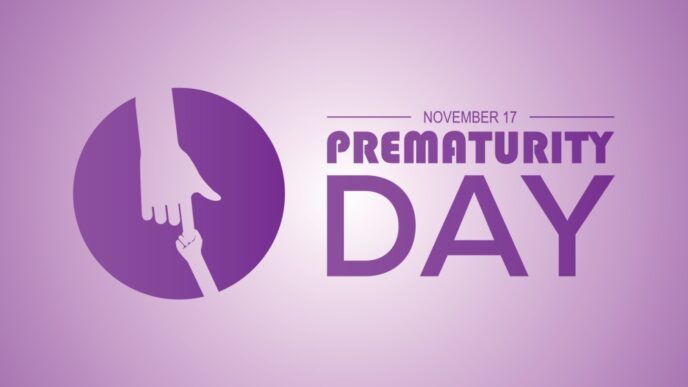Every year, top STPM scorers face heartbreak when their dream courses slip away. But what if success isn’t just grades? This article explores why resilience, grit, and well-being matter more than exam results—and how we can help the next generation thrive beyond the classroom.
WORDS ASSOCIATE PROFESSOR DR NOR ‘IZZATI SAEDON
 FEATURED EXPERT FEATURED EXPERTASSOCIATE PROFESSOR DR NOR ‘IZZATI SAEDON Consultant Geriatrician UM Specialist Centre (UMSC) |
Every year, the release of STPM results sparks elation for some and heartbreak for others. Yet even top scorers are sometimes rejected from their dream courses.
These moments reveal a sobering truth: academic excellence, though admirable, does not guarantee opportunity.
When a student with a perfect CGPA and stellar co-curricular record is denied entry into a preferred program, it challenges our collective belief in meritocracy.
This isn’t just personal disappointment—it’s a societal wake-up call. Education today stands at a crossroads, teetering between tradition and transformation.
THE LIMITATIONS OF EXAM-OBSSESSED EDUCATION
Our system continues to measure students almost exclusively by grades and university placements.
In doing so, it overlooks other crucial talents: creativity, adaptability, leadership, and empathy.
By focusing narrowly on exams, we prepare students for tests—not for life.
The Mental Health Toll
When success is equated solely with grades, failure feels total. This mindset fuels:
- Anxiety and depression
- Burnout and sleep problems
- Perfectionism and fear of failure
Even top students face disillusionment when their best efforts do not open doors.
Signs Your Teen Is Under Exam Stress
|
FOSTERING A HEALTHIER VISION OF SUCCESSS
Academic achievement should be celebrated — but not worshipped.
True success isn’t avoiding hardship or collecting titles; it’s resilience, adaptability, and finding meaning in struggle.
Just as physical health requires balance between rest, nutrition, and exercise, success demands a balance between intellect, character, and well-being.
Hence:
- Parents and educators must affirm effort as well as outcomes.
- Society must celebrate creativity, kindness, and grit as loudly as exam results.
The plight of high-achieving students failing to qualify for their desired university placements isn’t an isolated disappointment — it’s a warning sign.
Clinging to outdated benchmarks sacrifices potential and mental well-being.
Success is not found on a certificate—it is lived through balance, growth, and meaning.
USING GRIT AS A PREDICTOR OF SUCCESS
Psychologist Angela Duckworth defines grit as passion and perseverance over time.
Her research shows that those who thrive aren’t always the smartest, but those who persist through challenges.
Unlike grades, grit cannot be measured in a single exam hall. It develops through setbacks, resilience, and practice — the very experiences our education system often discourages.
5 Ways to Build Grit in Daily Life
- Celebrate effort, not just results.
- Reframe failure as feedback, not defeat.
- Set long-term goals beyond one exam.
- Model resilience—parents and teachers included.
- Encourage passion projects outside academics.
CONCLUSION
A Gentle Message to Parents
Celebrate your child’s effort, resilience, and curiosity as much as grades.
Support your child’s passions and mental well-being, because preparing them for life matters more than preparing them for exams.
A Gentle Message to Students
Your worth isn’t defined by exam scores.
Embrace challenges, learn from setbacks, and nurture grit and balance, because success is about growth, not just grades.
| This article is part of our series on parenting. |













